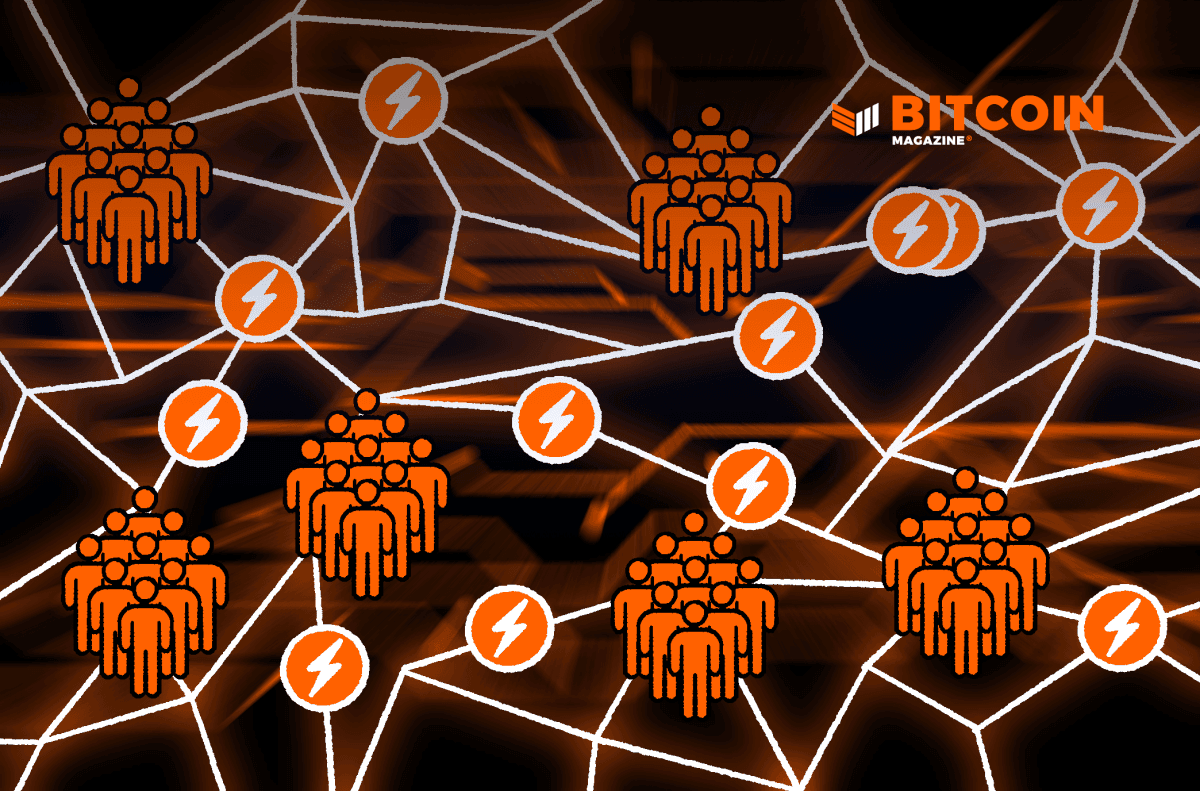All of the unique benefits and attributes that make bitcoin valuable are underpinned by the network’s decentralized consensus.
This is an opinion editorial by Neil Jacobs, a Bitcoin advocate, educator and content creator.
Bitcoin’s most important quality is decentralization. In the Bitcoin white paper, there are more than a dozen references to removing trust in central entities. Decentralizing away from financial institutions was Satoshi Nakamoto’s front-page motivation for creating Bitcoin: “allowing any two willing parties to transact directly with each other without the need for a trusted third party.”
Unfortunately, entire crypto industries like DAOs, DeFi, and DEXs have appropriated the term decentralization into little more than a marketing buzzword.
Modern fans of cryptocurrencies rarely bother to ask what decentralization means anymore. Even their acronyms distance their activities from the claim of meaningful decentralization. Better for the public to assume that a Decentralized Autonomous Organization meaningfully exists, because, why, DAO is a popular acronym. Certainly the acronym must describe something meaningful about the thousands of entities managing billions of dollars whose leading adjective is “decentralized.”
However, decentralization is exceedingly difficult to attain and maintain. Nakamoto constructed a sufficiently decentralized payment network away from trusted third parties after insufficient attempts were made by other cryptographers, acknowledging their work in the footnotes of the white paper.
See, almost everything about a blockchain improves with centralization.
A centralized team can increase speed, storage capacity, functionality and responsiveness. Centralized teams minimize bureaucracy, fix bugs quickly, reduce fees, improve user interfaces, respond to business opportunities and attend to press and community inquiries. Centralized blockchains are always cheaper and faster.
Yet centrally governed blockchains have no scarcity.
It is because of decentralization that someone puts a considerable amount of their wealth into Bitcoin. It is critically important to understand why this quality matters.
Decentralization is the only thing that provides Bitcoin with credible scarcity. All other coins are controlled by an oligopoly or small group of insiders. They can make — and change — the rules.
As Satoshi Nakamoto wrote in the white paper, a common way to build a double-spend-resistant financial network is, “to introduce a trusted central authority, or mint, that checks every transaction for double spending.” Indeed, centralizing trust in authority is the cheapest, most convenient way to transact online. Bitcoin, in contrast, requires no trust in any central authority.
For example, Ethereum’s ICO was pre-mined. Even today, just four entities control the private keys to the majority of staked Ethereum: Coinbase, Lido, Kraken and Binance.
Because decision-making about Ethereum’s issuance schedule is so centralized, its future supply is unknown. Its leading analyst’s estimate as to when the supply of ETH will equal 100 million spans anywhere from five to 38 years.
Ethereum Foundation insiders repeatedly delayed its promised difficulty bomb without community vote, which altered ETH’s supply issuance. They silently activated dozens of hard forks without community notice that passed unilaterally within hours.
Only Bitcoin has over 14,000 fully validating, archival node operators that enforce bitcoin’s 21 million hard cap. Because operating a full Bitcoin node is so cheap, new operators join the network daily.
Fully validating, archival nodes secure Bitcoin. Securing Bitcoin means enforcing consensus rules about what is included and added to the blockchain. Consensus is when everyone agrees on who owns what. Only full nodes can enforce consensus and provide credible scarcity over Bitcoin’s supply.
Because Bitcoin has always prioritized low-cost node operation, it has allowed for, by far, the largest and most distributed network of people reaching consensus without trusting any third party. Fully validating, archival nodes ensure that no one double-spends bitcoin and that its 21 million supply cap persists.
Full nodes allow anyone to send and receive bitcoin without trusting any central party.
Decentralization makes consensus possible without threats of violence, imprisonment or civil forfeiture. Other projects simply use the word as a label to avoid questions about their controlling oligopolies.
As Satoshi Nakamoto wrote in October 2008, “What is needed is an electronic payment system based on cryptographic proof instead of trust, allowing any two willing parties to transact directly with each other without the need for a trusted third party.”
Today, nearly 14 years later, Bitcoin remains a decentralized payment network. It opts for inefficient decentralization on purpose. This unrivaled quality makes it the only technology for transacting online without the need for a trusted third party.
This is a guest post by Neil Jacobs. Opinions expressed are entirely their own and do not necessarily reflect those of BTC Inc. or Bitcoin Magazine.
Source : bitcoinmagazine.com/culture/bitcoins-most-important-quality by Neil Jacobs - October 31, 2022
